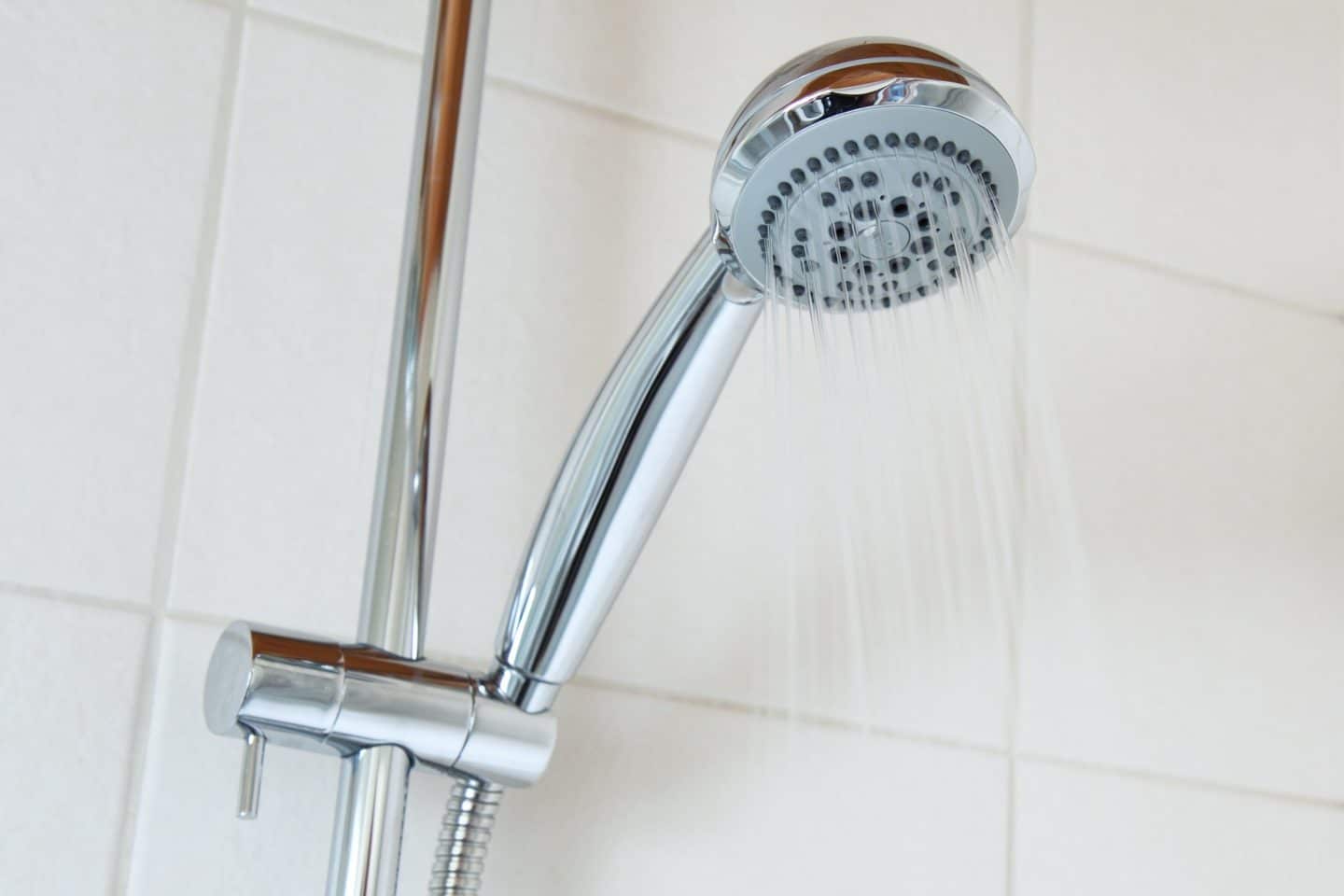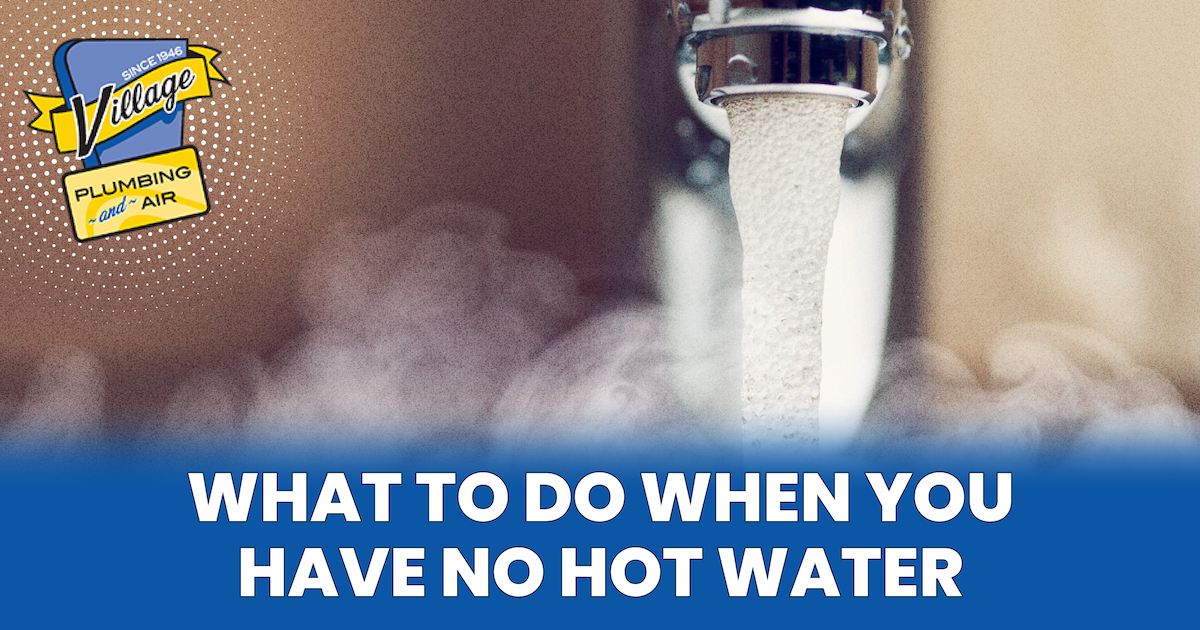I have no hot water – When you turn on the faucet and get a cold surprise, it’s a plumbing emergency. Learn how to diagnose and fix common water heater problems, so you can enjoy hot water again in no time.
Troubleshooting water heater issues can be a daunting task, but with the right knowledge and guidance, you can tackle them like a pro. This comprehensive guide will walk you through step-by-step instructions, helping you identify and resolve the most prevalent water heater problems, from faulty heating elements to gas supply issues.
Troubleshooting Common Causes: I Have No Hot Water
Experiencing a lack of hot water can be frustrating and inconvenient. Before calling a plumber, there are several common causes you can troubleshoot on your own.
To begin, check the following components:
Water Heater
- Inspect the water heater’s pilot light. If it’s out, relight it according to the manufacturer’s instructions.
- Examine the temperature setting. Ensure it’s set to a high enough temperature to provide hot water.
- Check the pressure relief valve. If it’s leaking, it may need to be replaced.
Gas Supply
- Confirm that the gas supply is turned on.
- Check for any leaks in the gas line.
- Inspect the gas valve on the water heater. Make sure it’s fully open.
Circuit Breaker
- Locate the circuit breaker panel and identify the breaker that powers the water heater.
- Reset the breaker by turning it off and then back on.
- If the breaker trips again, there may be an electrical issue that requires professional attention.
Leaks
- Inspect the water heater for any leaks, especially around the base and connections.
- Check the pipes and fittings connected to the water heater.
- If you find a leak, tighten the loose connections or call a plumber for repairs.
Thermostat and Heating Element, I have no hot water
- Adjust the thermostat to a higher temperature.
- If the water heater still doesn’t produce hot water, the thermostat or heating element may be faulty and require replacement.
- Call a qualified electrician to inspect and repair these components.
Water Heater Maintenance and Repair
Regular water heater maintenance is essential for ensuring its efficient operation, extending its lifespan, and preventing costly repairs. It involves tasks like draining and flushing the water heater, replacing the anode rod, and addressing minor issues before they escalate into significant problems.
Draining and Flushing the Water Heater
Draining and flushing the water heater removes sediment and mineral buildup that can reduce its efficiency and cause premature failure. The process typically involves turning off the water supply, connecting a hose to the drain valve, and allowing the water to drain into a bucket or floor drain.
Once the water is drained, flush the water heater by turning on the cold water supply and allowing it to run through the heater and out the drain valve until the water runs clear.
Replacing the Anode Rod
The anode rod is a sacrificial component that attracts corrosion, protecting the water heater tank from rust and premature failure. Over time, the anode rod corrodes and needs to be replaced. Replacing the anode rod is a relatively simple task that can be completed in under an hour.
Simply remove the old anode rod, apply a layer of thread sealant to the threads of the new anode rod, and screw it into place.
Signs of Professional Water Heater Repair
While some water heater issues can be resolved through DIY maintenance, others require professional attention. Signs that indicate the need for professional water heater repair include:
- No hot water or insufficient hot water
- Leaking water from the tank or pipes
- Strange noises coming from the water heater
- Rust or corrosion on the water heater tank
- Frequent tripping of the circuit breaker or blowing of fuses
In these situations, it’s best to contact a qualified plumber to diagnose and resolve the issue safely and effectively.
Energy-Efficient Solutions
As energy costs continue to rise, homeowners are looking for ways to reduce their energy consumption. Water heaters are a major source of energy use in the home, so it’s important to choose an energy-efficient model.
Explore the different advantages of The Broadway South Boston: A Cultural Hub with a Rich History and Exciting Future that can change the way you view this issue.
There are three main types of water heaters: gas, electric, and tankless. Gas water heaters are the most common type, and they’re typically the most energy-efficient. Electric water heaters are less efficient than gas water heaters, but they’re still a good option for homes that don’t have access to natural gas.
You also can understand valuable knowledge by exploring Wall Street Books: A Guide to the Bestselling Books on Finance.
Tankless water heaters are the most energy-efficient type of water heater, but they’re also the most expensive.
Remember to click Unveiling the 1942 Don Julio Cost: A Comprehensive Analysis to understand more comprehensive aspects of the Unveiling the 1942 Don Julio Cost: A Comprehensive Analysis topic.
Tips for Reducing Water Heater Energy Consumption
- Set the water heater temperature to 120 degrees Fahrenheit (49 degrees Celsius).
- Insulate the water heater tank and pipes.
- Install a low-flow showerhead.
- Take shorter showers.
- Wash clothes in cold water.
- Use a dishwasher only when it’s full.
Benefits of Installing a Tankless Water Heater
- Tankless water heaters are more energy-efficient than traditional water heaters.
- Tankless water heaters provide an endless supply of hot water.
- Tankless water heaters are more compact than traditional water heaters.
- Tankless water heaters have a longer lifespan than traditional water heaters.
Potential Cost Savings of Energy-Efficient Water Heaters
The potential cost savings of energy-efficient water heaters vary depending on the type of water heater you choose and your energy usage. However, you can typically save hundreds of dollars per year by installing an energy-efficient water heater.
Safety Precautions
When working on water heaters, adhering to safety guidelines is paramount. Gas leaks and electrical issues pose significant hazards, so it’s crucial to exercise caution.
Before commencing any repairs, ensure you have a thorough understanding of the water heater’s operation and the potential risks involved. If you’re not confident in your abilities, do not hesitate to contact a qualified plumber.
Turning Off Utilities
- Water Supply:Locate the main water shut-off valve, typically found near the water meter or where the water line enters the house. Turn the valve clockwise to close it.
- Gas Supply:If your water heater is gas-powered, find the gas shut-off valve, usually located near the gas meter or where the gas line connects to the appliance. Turn the valve clockwise to shut off the gas.
Hiring a Plumber
For major repairs or if you’re unsure about handling the issue yourself, it’s advisable to hire a licensed plumber. Plumbers possess the necessary expertise and tools to diagnose and fix water heater problems safely and effectively.
Find out further about the benefits of roadrunner rv park oklahoma city that can provide significant benefits.
Troubleshooting Advanced Issues
Beyond basic water heater problems, more complex issues can arise, requiring a deeper understanding of the system and potential underlying causes.
It’s crucial to approach these advanced issues with caution and seek professional assistance if necessary to ensure safety and prevent further damage.
Overheating
- Causes:Faulty thermostat, scale buildup, clogged dip tube, malfunctioning heating element.
- Diagnosis:Check the thermostat setting, inspect for scale buildup, and test the heating element for continuity.
- Solution:Replace the thermostat, remove scale, clear the dip tube, or replace the heating element.
Pressure Buildup
- Causes:Faulty pressure relief valve, thermal expansion, trapped air in the system.
- Diagnosis:Inspect the pressure relief valve for proper operation, check for any leaks, and release trapped air by opening the highest faucet.
- Solution:Replace the pressure relief valve, adjust the expansion tank, or bleed the system to release air.
Corrosion
- Causes:Electrochemical reactions, acidic water, galvanic corrosion.
- Diagnosis:Inspect the water heater tank for rust or leaks, test the water pH, and check for stray electrical currents.
- Solution:Install a sacrificial anode, use a corrosion-resistant lining, or replace the water heater.
Water Heater Failure
Water heater failure can result from various factors, including:
- Overheating
- Pressure buildup
- Corrosion
- Electrical malfunctions
- Sediment buildup
To prevent water heater failure, regular inspections and maintenance are essential, including:
- Draining sediment from the tank
- Checking the anode rod
- Testing the pressure relief valve
- Inspecting for leaks
- Maintaining proper water temperature
End of Discussion
Whether you’re a seasoned DIY enthusiast or a plumbing novice, this guide has everything you need to restore hot water to your home. Remember, safety should always be your top priority when working with water heaters. If you encounter any complex issues or suspect a major problem, don’t hesitate to call a qualified plumber for assistance.
Question & Answer Hub
Why is my water heater not heating the water?
There could be several reasons, such as a faulty heating element, thermostat issues, or a lack of gas or electricity supply. Check these components and reset the water heater if necessary.
How can I drain and flush my water heater?
Follow these steps: Turn off the water supply, connect a hose to the drain valve, open the valve, and allow the water to drain. Once drained, close the valve and turn the water supply back on to flush the tank.
What are the signs that my water heater needs professional repair?
If you notice leaks, unusual noises, rusty water, or a lack of hot water despite troubleshooting, it’s best to call a plumber for professional assistance.




